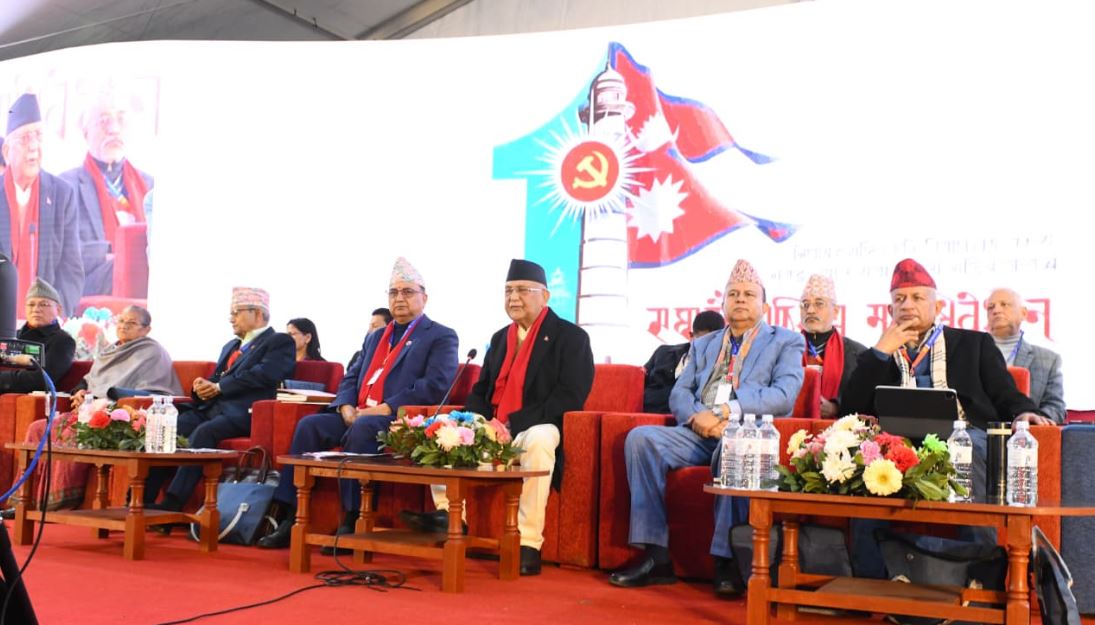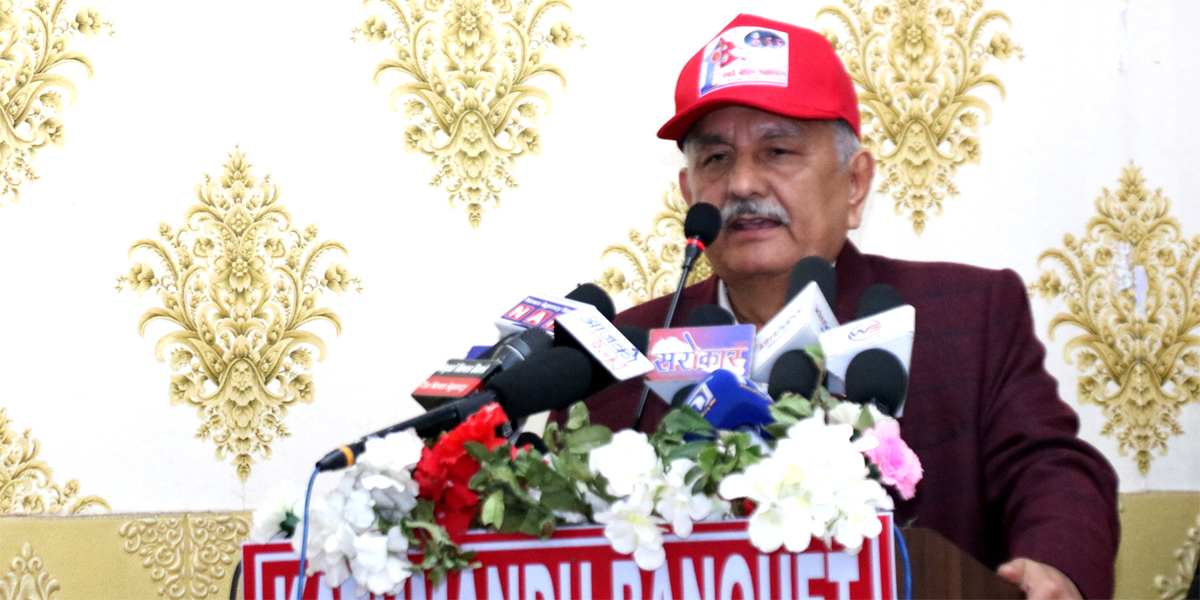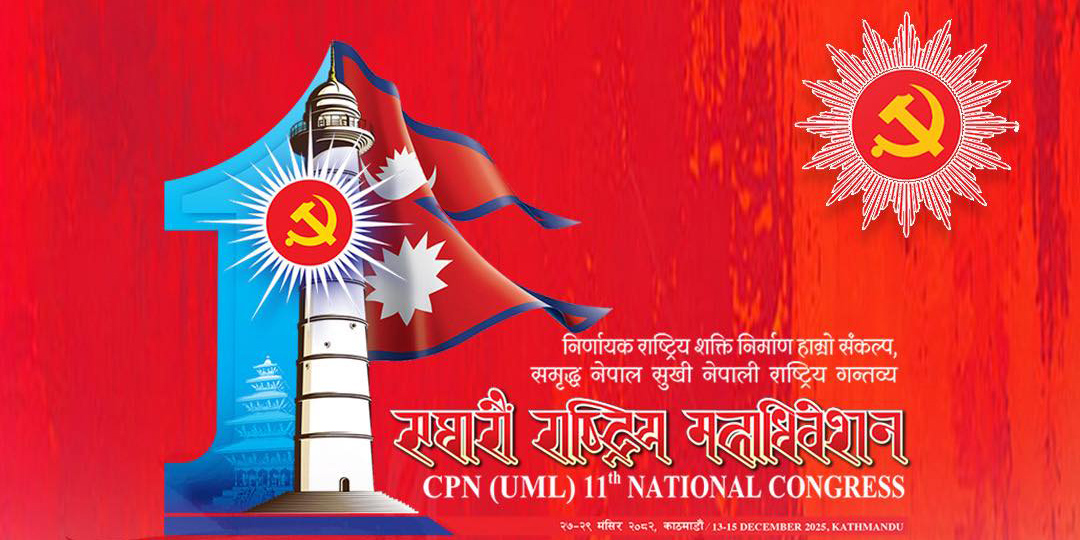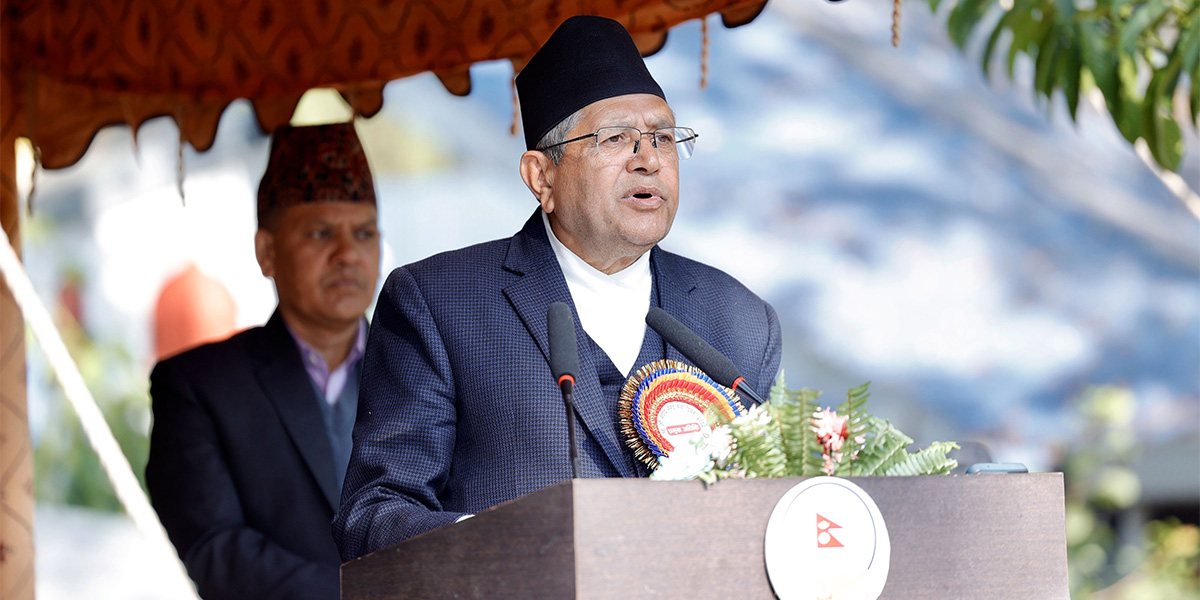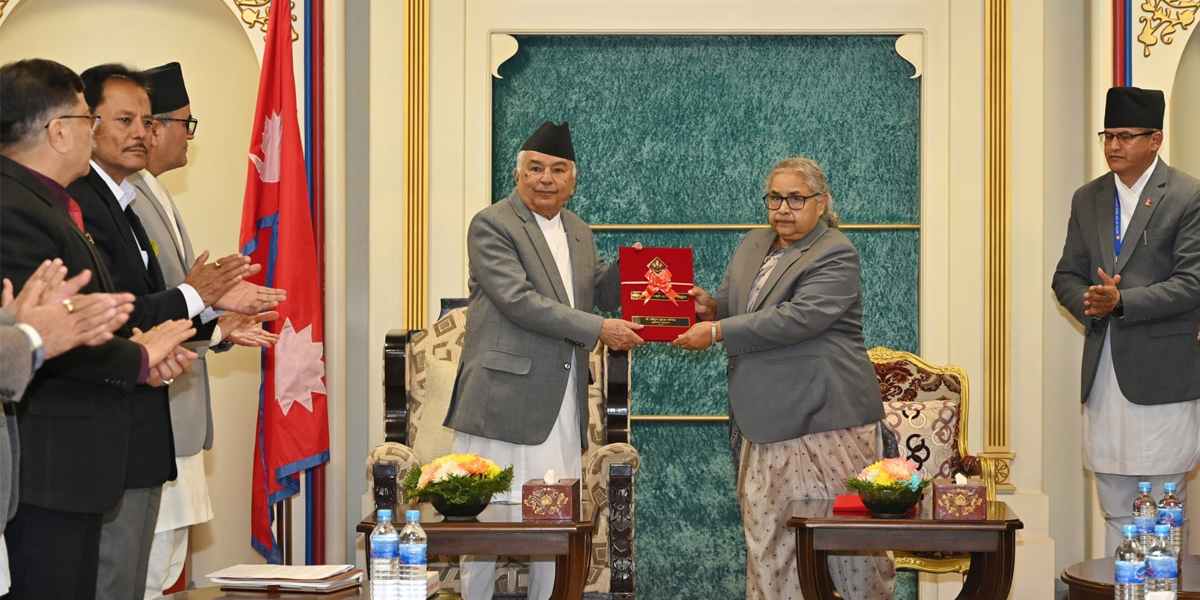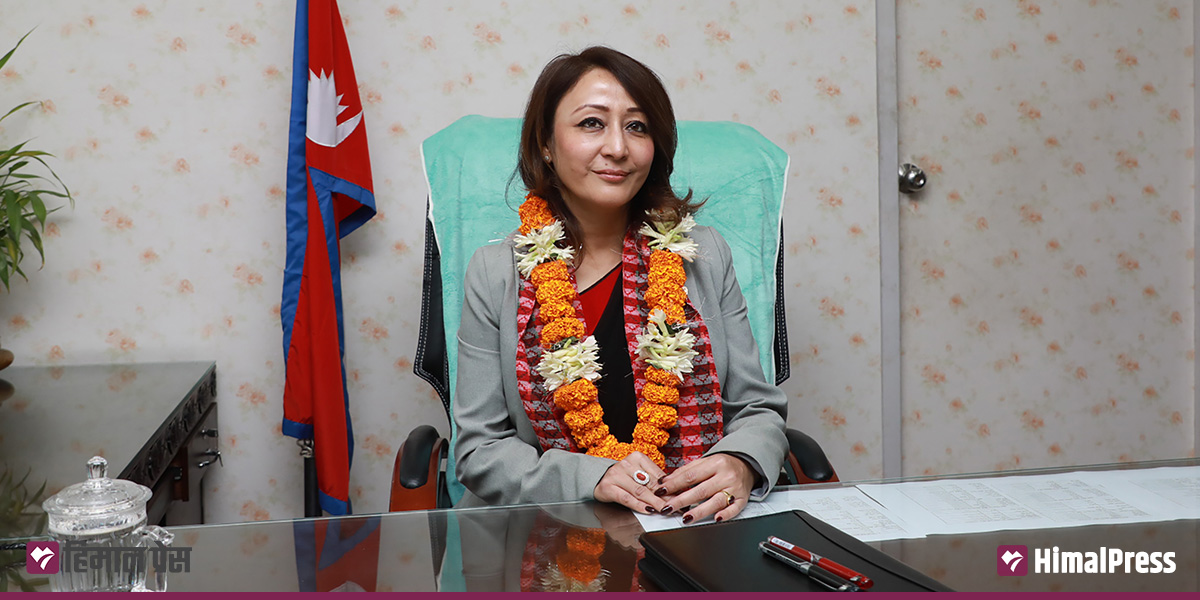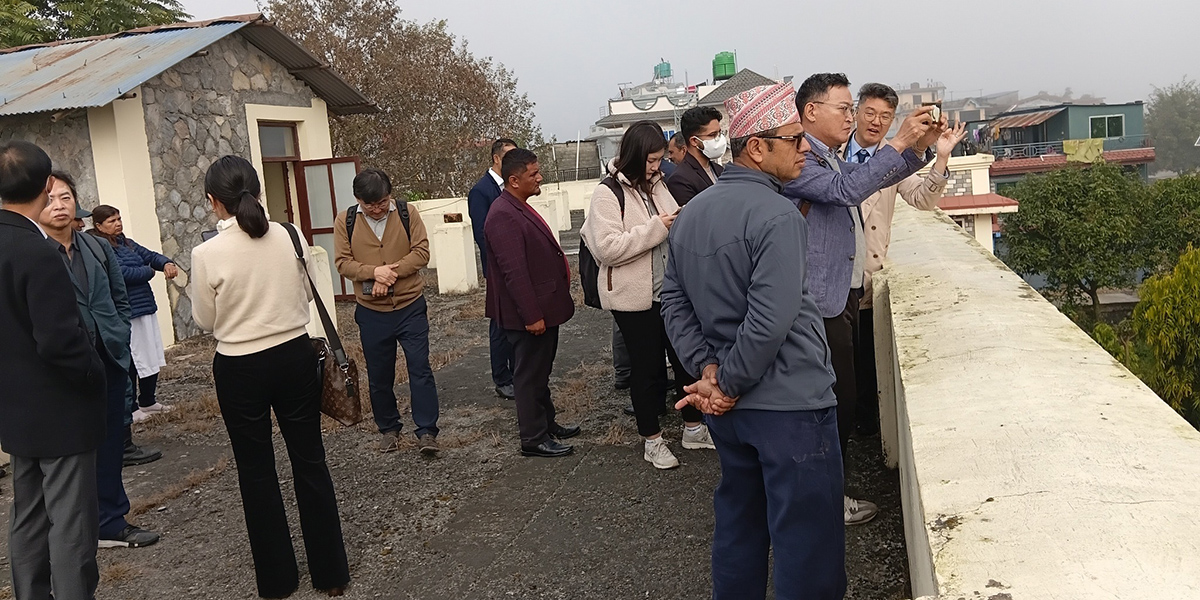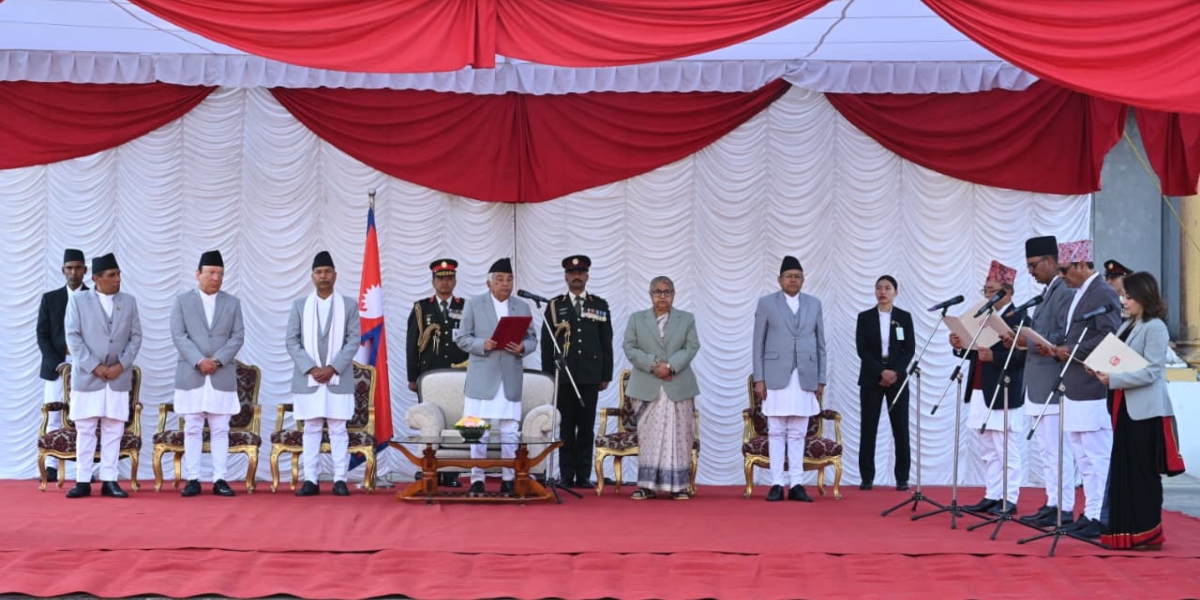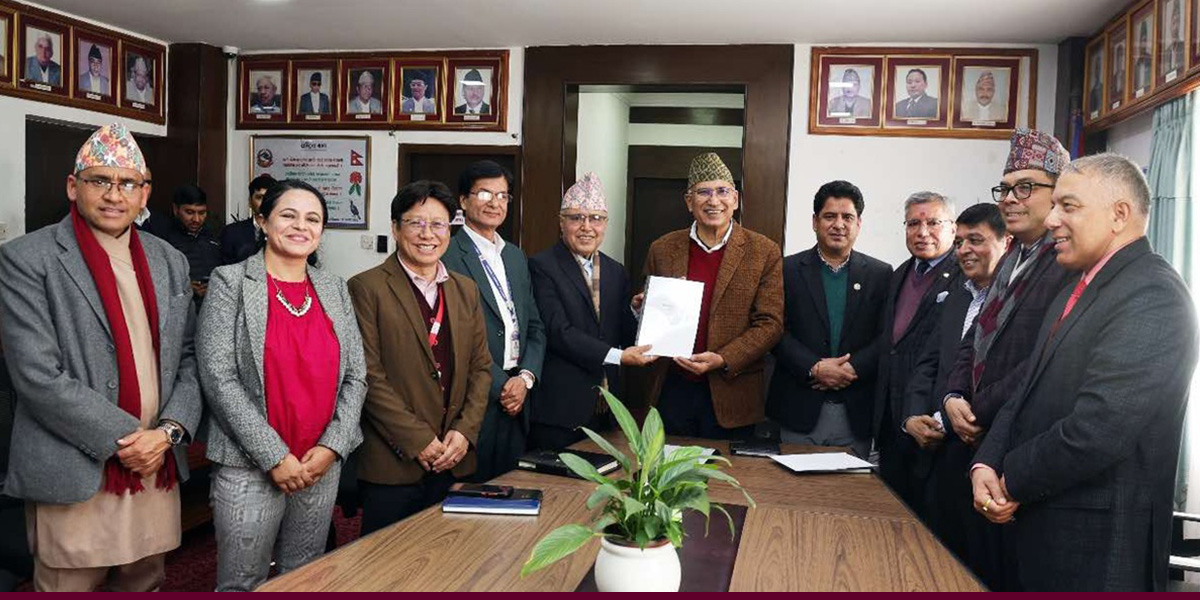
KATHMANDU: The topic of “economic reforms” is once again under discussion in Nepal. For a long time, industrialists and economists have urged the government to introduce budgets and plans focused on these reforms.
On Wednesday, the High-Level Economic Reform Advisory Commission submitted a preliminary report on the “second-generation economic reforms” to Deputy Prime Minister and Finance Minister Bishnu Prasad Paudel. This marked a shift from informal recommendations to formal proposals, placing the responsibility for implementation squarely on the minister’s shoulders.
The report outlines key issues and recommendations to improve Nepal’s economy, according to Commission Chairperson and former Finance Secretary Rameshwar Khanal. He added that the report was submitted with the expectation of resolving Nepal’s economic stagnation as quickly as possible.
The government had formed the commission four months ago under Khanal’s leadership to seek recommendations for the second phase of economic reforms.
The interim report proposes two main conditions for significant progress in economic reforms: immediate action plans requiring investment-friendly laws and policies, and structural changes to address problems within the cooperative sector while avoiding excessive political interference in economic matters.
The report also calls for reforms to ease business operations and proposes legal frameworks to transform institutions contributing to the economy. Likewise, it has suggested creating a cooperative environment between the government and the private sector for long-term economic stability and growth.
The report identifies several pressing issues, including liquidity challenges in the economy, capital stagnation in banks, investor pessimism, youth disengagement from investment opportunities and limited job creation under current economic policies. Additionally, it points out the significant economic drain caused by Nepal’s reliance on food imports, advocating for increased domestic production, agricultural engagement and enhanced investment in local businesses.
The government has directed the commission to complete its tasks by April 18, 2025. The commission aims to submit its final report by mid-March.
Finance ministry officials say there will be discussions on the interim report with the involvement of the Prime Minister’s Office, the Ministry of Finance, the central bank, and experts from the finance sector.
According to Finance Ministry Spokesperson Mahesh Bhattarai, the ministry will consider the report’s recommendations for policy discussions. After further study and consultation, a consensus will be reached on implementing the reforms, he added.
As the leader of the Finance Ministry, Minister Paudel is now tasked with spearheading the second generation of economic reforms. Failure to act decisively, Khanal warns, could result in significant economic and political costs for the government. “Currently, Nepal imports a substantial amount of food is which making negative impacts on economy. To address this, we need plans that promote domestic production, encourage investment, and increase public participation in agriculture,” Khanal said.
The success of these reforms will depend on how swiftly and effectively the government can address these critical issues, implement structural changes and foster collaboration with the private sector.



